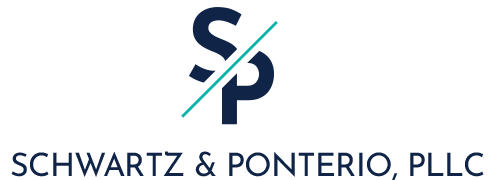While people retain the right to charge what they want for their services, there’s a difference between charging an hourly rate for services rendered and charging someone for more work than was performed.
While some attorneys charge by the case, others may charge hourly or even by the quarter hour. Interestingly, charging by the hour can result in overcharging. It’s important for attorneys to charge only what they actually work or based on their contractual obligations.
How can you recognize overcharging?
Overcharging might come in the form of unusual fees or surcharges you weren’t expecting. For example, if an attorney files documents with the court, you might be charged a filing fee and administrative fee for the attorney’s time. Double charging, charging more than the standard fees or charging based on hourly time as well as administrative fees could be inaccurate and inappropriate.
When you receive a bill from your attorney, it’s important to look it over closely. Look for any double charges. It’s possible that a clerical error could result in a double charge, so contact the attorney’s office if you see a charge for something you don’t recognize.
If you want to be certain of the charges you’ll have before you work with your attorney, make sure to discuss those charges at length before you choose your attorney. Discuss how he or she bills, the average bill for a case of your type and what could affect your bill.
If you find your attorney is spending more than is normal, it’s time to review what he or she is doing on your case. Billing you for three hours of contact with the other party but finding out he or she only reached out once for a few minutes could signal that the attorney is acting unethically in your case.


